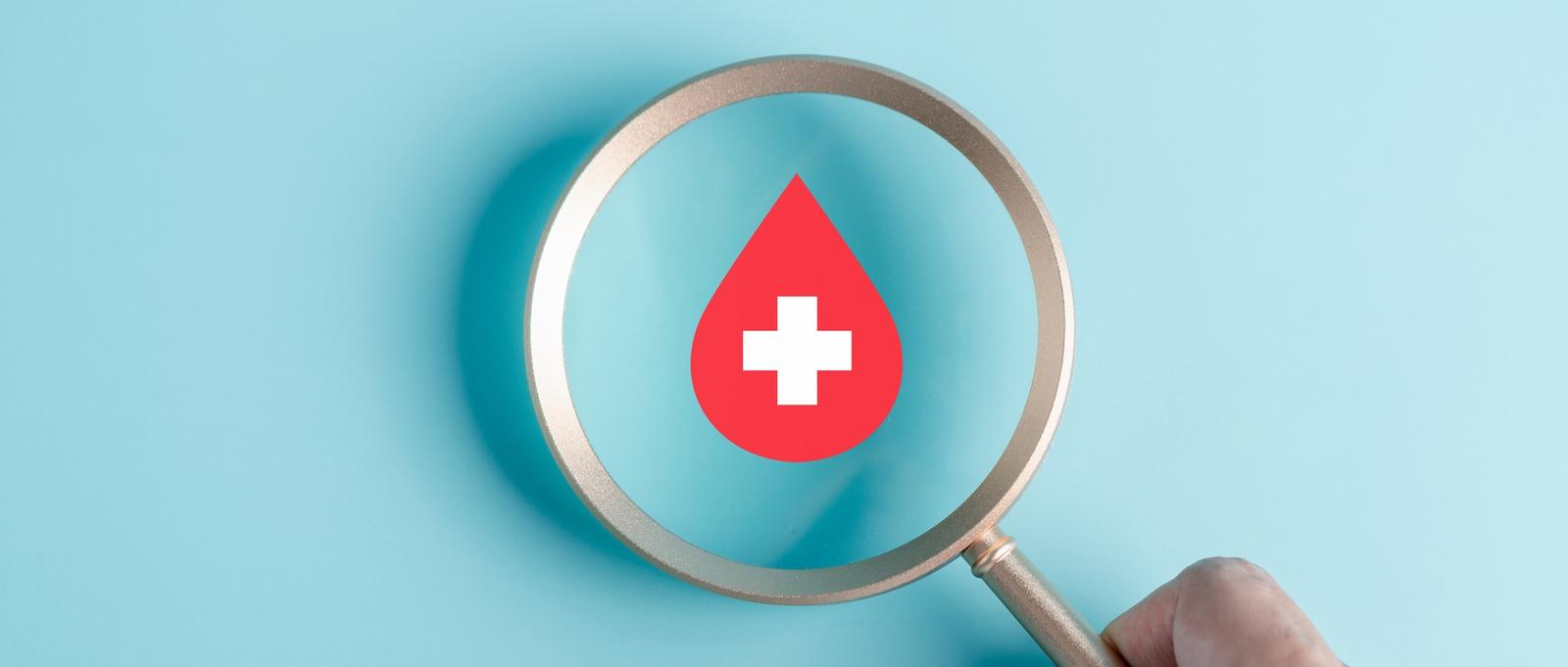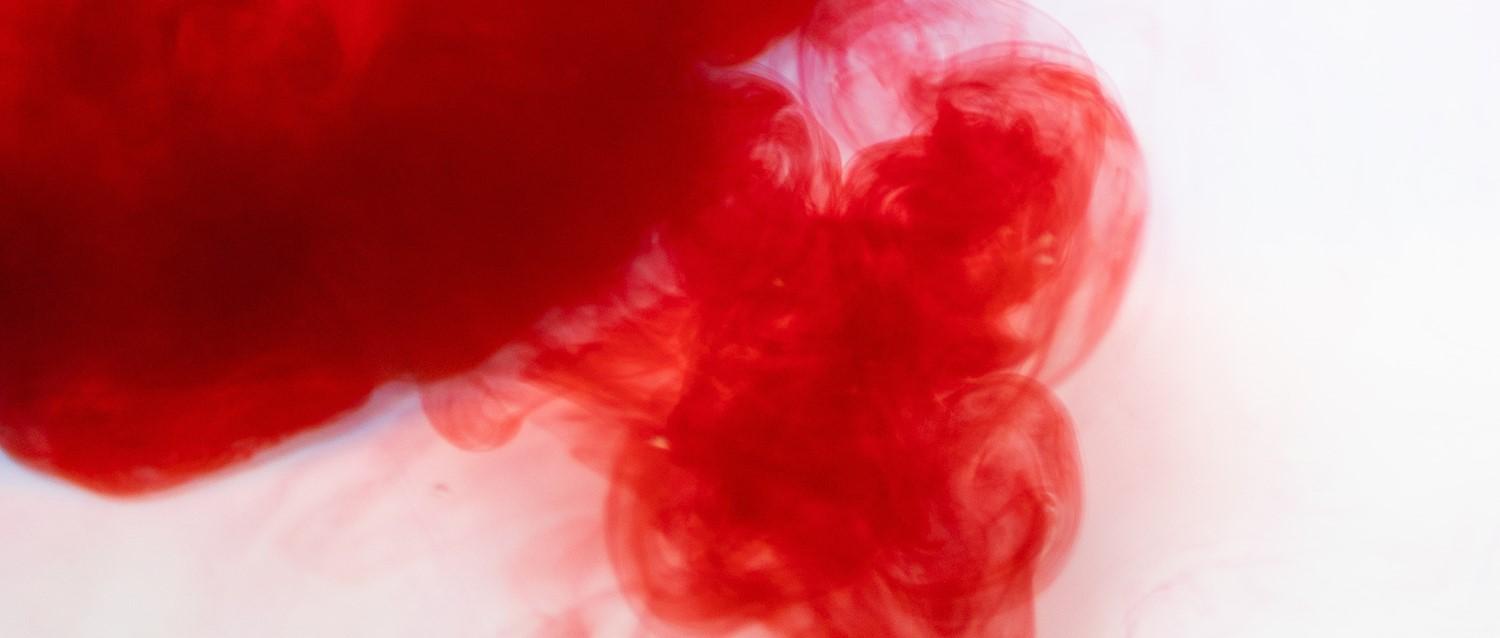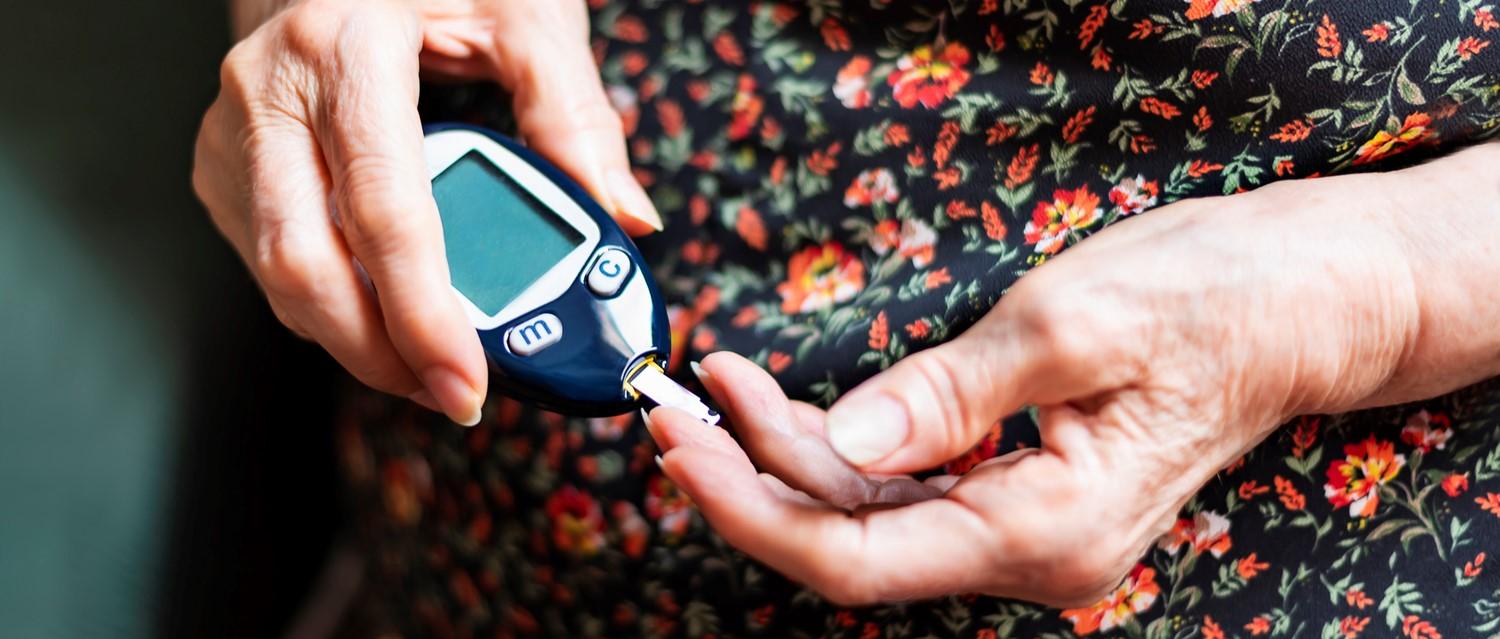
Signs you may have anaemia
Peer reviewed by Dr Krishna Vakharia, MRCGPLast updated by Victoria RawLast updated 25 Mar 2025
Meets Patient’s editorial guidelines
- DownloadDownload
- Share
- Language
- Discussion
It's usual to feel a little tired and run-down from time to time. But if the feeling continues, or is excessive, you may need to speak with your doctor. One common cause of feeling run-down is anaemia. Here we look at the signs and symptoms, whether you might be susceptible, and what to do next.
In this article:
Video picks for Blood
We often associate being anaemic with having low iron levels. However, while low iron levels may lead to someone becoming anaemic, there are other factors at play.
Dr Luke Powles, Associate Clinical Director, Bupa UK says that anaemia is caused when you don't have enough red blood cells or haemoglobin - the part of your red blood cells that carries oxygen.
Iron is essential for haemoglobin production by the body. However, other factors can prevent red cells or haemoglobin being produced quickly enough for your needs. Therefore, simply upping iron intake may not solve the problem.
What are the symptoms of anaemia?
While, for some the symptoms of anaemia are clear - you may have anaemia without any noticeable signs.
When symptoms do present, they are often subtle:
Feeling tired.
Having low energy or feeling weak.
Having these symptoms does not necessarily mean you are anaemic. Many other conditions may present in a similar way.
These can include:
When anaemia becomes severe, the symptoms increase and become more obvious.
Powles explains the following symptoms may indicate severe anaemia:
Feeling short of breath.
Having heart palpitations.
Chest pain (sometimes).
He advises: "If you have the symptoms associated with more severe anaemia, get medical advice immediately.
In rarer cases, severe anaemia can cause heart attacks and heart failure. If you have any difficulty breathing or chest pain, call 999.
What causes anaemia?
Back to contentsAnaemia can have a variety of different causes - from dietary deficiencies to loss of blood or disease. It also commonly happens during pregnancy.
Diet
One common cause of anaemia may be deficiencies in your diet.
Dr Jeff Foster says: "These can include iron deficiency, but also deficiencies in B12, folate or riboflavin. Anaemia can also be caused by excess alcohol consumption which can lead to a reduction in the number of oxygen-carrying red blood cells."
Blood loss
Anaemia can also be a sign of blood loss.
"This loss may be obvious - for example, if you are involved in an accident - but could also be the result of undetected bleeding in the gut caused by an ulcer, inflammatory disease or cancer,” explains Foster. "Heavy periods can also cause anaemia."
Health conditions
There are several conditions that may lead to anaemia.
These can include:
Thyroid disease.
Thalassaemia - an inherited condition that prevents your body from making enough haemoglobin.
Cancer.
Many cases of anaemia can be easily treated. However, it's important that you seek medical advice to find the cause of your anaemia and ensure you receive the correct treatment.
Continue reading below
How can I prevent anaemia?
Back to contentsNot all types of anaemia can be prevented. Even so, there are some steps you can take to lower your chances of developing it.
Seek advice on heavy periods
One of the most common causes of anaemia is through menstrual blood loss which leads to reduced iron levels.
Powles says: "Managing heavy periods can help prevent anaemia so if you have these then get advice from your doctor."
Adjust your diet
While not all anaemia is caused by low iron levels, Powels suggests making sure you get enough of the right vitamins and minerals from the foods you eat to help prevent some types of anaemia - such as those caused by deficiencies in iron, vitamin B12 and folate.
"Try to include more foods that are rich in iron in your diet," he says.
Foods rich in iron include:
Dark green leafy vegetables - such as spinach and kale.
Red meats.
Apricots.
Prunes.
He adds that you should also cut down on food and drink that make it harder for your body to absorb iron - such as caffeinated drinks like tea or coffee.
"Poultry, pork and shellfish are rich in folate, while red meats, eggs and dairy products are high in vitamin B12," he explains. "You should make sure you get enough of these in your diet, as well as vitamin C, which helps your body take in iron from the food and drink you consume.
"Orange juice is a great source of vitamin C."
Don't self-medicate
If you think you have anaemia, you might think it best to buy iron tablets over the counter rather than book an appointment your doctor. Unfortunately, this can often cause more harm than good.
Foster explains that without proper testing, it's impossible to know if your anaemia is due to low iron or not.
"There could also be a host of other causes," he says. "Therefore, if you self-medicate, the results may appear normal on a blood test but mask something more serious - such as bowel cancer.
"Also, the over-the-counter dose of iron is too low to treat iron-deficiency anaemia, so is unlikely to be beneficial."
Patient picks for Blood

Allergies, blood and immune system
What are the early warning signs of blood cancer?
Blood cancers account for about 10% of all cancer cases in the UK. But although a large number of patients are diagnosed each year, there is still a general lack of understanding of the warning symptoms of the disease.
by Natalie Healey

Allergies, blood and immune system
What is blood?
Blood is made up of liquid (plasma) and various different types of cells. An average-sized man has about 5-6 litres of blood in his body; a woman has slightly less. Blood has many different functions - detailed below.
by Dr Jacqueline Payne, FRCGP
Continue reading below
Article history
The information on this page is peer reviewed by qualified clinicians.
Next review due: 28 Mar 2028
25 Mar 2025 | Latest version
14 Sept 2018 | Originally published
Authored by:
Gillian Harvey

Ask, share, connect.
Browse discussions, ask questions, and share experiences across hundreds of health topics.

Feeling unwell?
Assess your symptoms online for free
Sign up to the Patient newsletter
Your weekly dose of clear, trustworthy health advice - written to help you feel informed, confident and in control.
By subscribing you accept our Privacy Policy. You can unsubscribe at any time. We never sell your data.